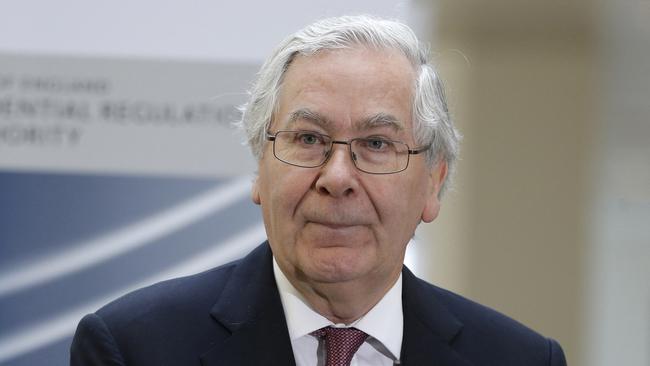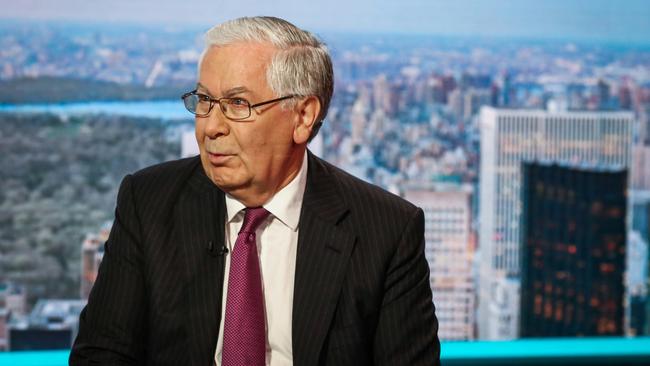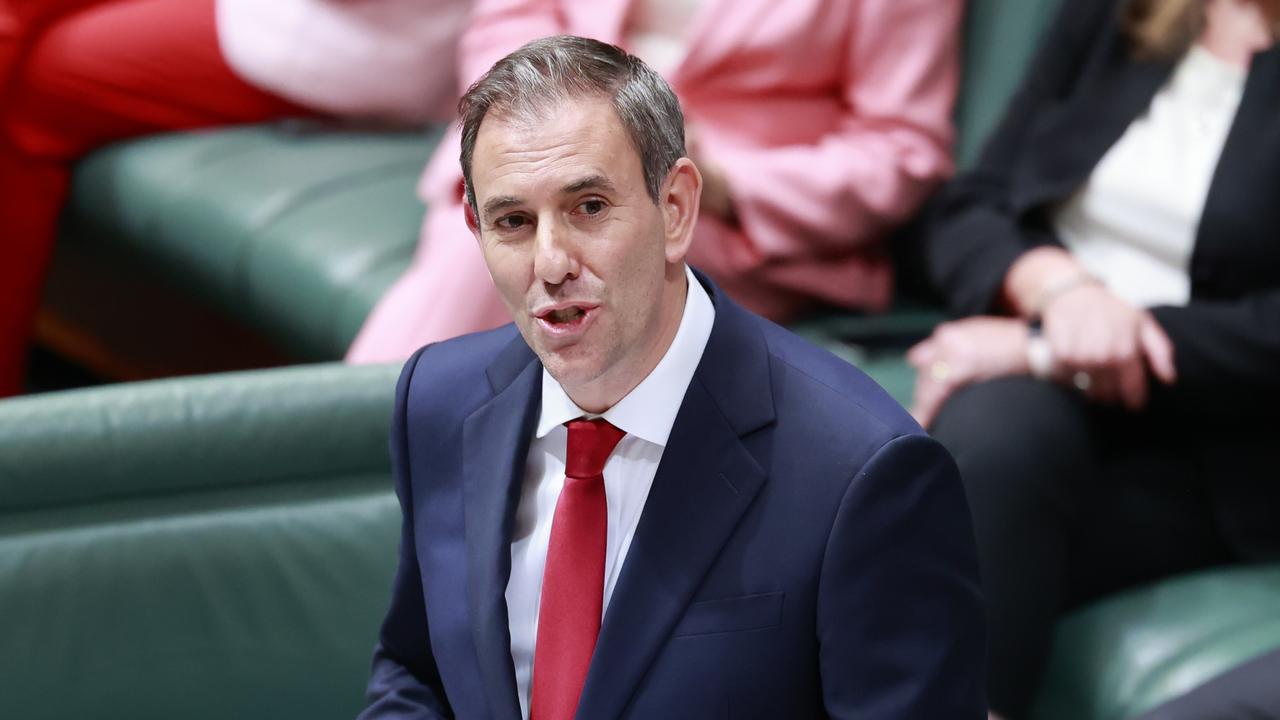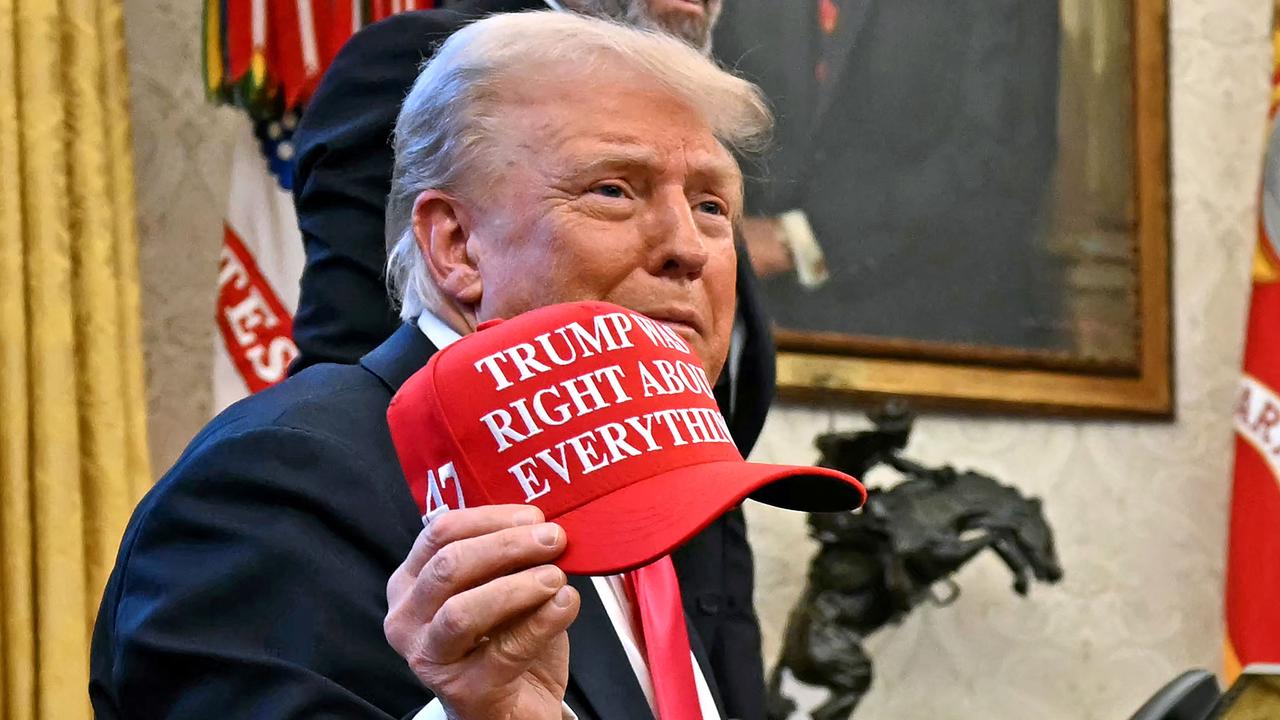Rising interest rates are a return to ‘normal’, says the man who guided Britain through the GFC
Repricing interest rates to ‘normal’ levels might cause companies to fail and risk global recession but it is the right path, says former Bank of England governor Mervyn King.

The world is at the start of the great repricing, a return to the interest rates before the 2008 financial crisis – a return to normal.
So says Mervyn King, Baron King of Lothbury, who guided Britain through the Global Financial Crisis during his 10-year term as Bank of England governor.
He says repricing may cause companies to fail, risk global recession or even expose risks in the system that could bring on another financial crisis. But it is the right path if the world is to rebalance and return to growth.
King thinks the shift should be welcomed after central banks – deluded by academic herd thinking on inflation targets and expectations – were knocked off course from their price stability mission.
Price stability means maintaining the integrity and purchasing power of a nation’s money and keeping the inflation genie in the bottle. The mission should not extend to climate change.
King says groupthink delivered a fool’s paradise.
The banking elder statesman spoke to The Weekend Australian after being at Citi’s annual investment conference. It was a week when the BoE wrestled with its decision to support panicked pension funds in the gilts market.
A fundamental flaw of that herd mentality was an assumption that inflation from central bank stimulus during the pandemic would be temporary. This mistake eventually forced central banks to move aggressively with hikes.

King was an early critic, right back in May 2021. He says central banks forgot that long after the GFC, further rounds of quantitative easing and money printing during Covid-19 could affect the behaviour of the economy. “We found ourselves in the classic situation of too much money chasing too few goods and that generated inflation. This was visible to everyone well before the Russian invasion of Ukraine,” he says.
Since the penny dropped that the inflation threat was nontrivial, King says central banks are responding to show they are determined to achieve price stability – even if they are not willing to admit mistakes.
“(Federal Reserve chairman Jerome) Powell would much rather follow the path of Paul Volker and be unpopular in the short term but regarded as a saint in the longer term than take the risk of being known as the chairman of the Fed who failed to bring down inflation when confronted with that challenge,” King says.
Importantly, he says markets have finally woken up to the rise in longer-term interest rates and that central banks are not going back to zero interest rates.
“That repricing is going to have significant impacts on portfolios of many investors, including the pension funds that we have seen struggle in London. But this is an inevitable consequence of a return to more normal levels of interest rates, which ought to be very welcome. Central banks should not try to stand in the way of such a repricing.”
King blames academic thinking influencing central banks: that tightening monetary policy would not be needed. The inflation target is there for central banks to be held accountable and they gain credibility by having a persuasive narrative. But the new thinking was that central banks could simply assume inflation was driven by expectations, and those expectations were in turn driven by the official inflation target.
This, he says, is a most peculiar thing to believe in – that higher inflation was transitory when central banks were printing money while the supply side was damaged. And it has clearly come unstuck. As a result, he says a whole range of policy approaches have also come unstuck.
“Forward guidance, average inflation targeting introduced in the US, yield curve control, all of these things have now been abandoned and I think will never be taken up again,” he says. “You see it very clearly in the case of the Fed and the Bank of England where the chief economist has been very clear he does not have great sympathy with forward guidance.”
King sees three risks ahead.
The first is that central banks blink. As rates rise and sectors squeal, banks step in to backstop them. “We end up with inflation staying higher for longer. We end up with fiscal dominance and weaker central bank independence,” he says.
At the other end, central banks could overdo tightening in their zeal to tame inflation and there is global recession. Better this risk than a failure to control inflation, he notes. A third risk is a debt crisis: sovereign debt, corporate debt, or embedded leverage in pockets of the financial system.
The Truss government’s plan to borrow without explaining how to pay down debt injected much uncertainty into the long end of the market, raising government bond yields.
King says some pension funds took significant risks by borrowing to invest in higher yielding assets without making sure they had the liquidity to meet cash margin calls when the price of those bonds – known as gilts – fell and yields rose.
“These pension funds are now being caught out,” he says.
“There will be quite a debate as to why the pension funds were allowed to borrow a great deal through embedded leverage in derivative transactions. And that may well be true elsewhere.”
What central banks must not do is create moral hazard by backstopping these failures.
“We have been in a fool’s paradise where people seem to believe we would have very low interest rates indefinitely,” King says. “The adjustment has to take place one way or another, and central banks cannot afford to back off on the grounds that ‘gosh, assets are falling – this is terrible surprise’.”
King says there is one big upside – a return to growth.
If inflation is brought back to target and the world adjusts to higher rates, economies can rebalance and debt can be reduced.
“That will permit a reallocation of resources from unprofitable companies which have frozen the allocation of resources in them – zombie companies – to more profitable companies. That switch in resources is a key part of a modern economy,” he says.
“The great prize is, if we get back we should be optimistic of our ability to see growth rates that we saw in the past.”
There is always the risk, he cautions, that in a wave of debt restructuring people start to panic and wonder who is next. It is impossible to predict whether it will or not lead to a major financial crisis.
In July, the Albanese government announced the first broad, independent review of the Reserve Bank since the 1990s.
King’s message is simple.
“The most important thing now is to simplify any mandates – get them back to the mission of price stability and accountability of central banks in explaining what they are doing,” he says.
And he categorically rules out a mission creep to climate change. “That is absolutely a policy responsibility of the government.”







To join the conversation, please log in. Don't have an account? Register
Join the conversation, you are commenting as Logout